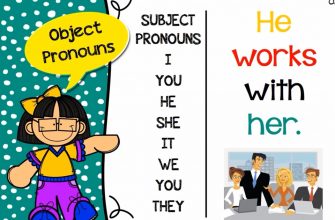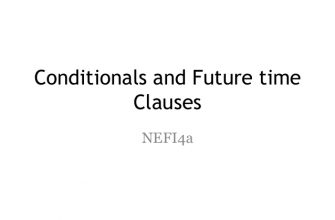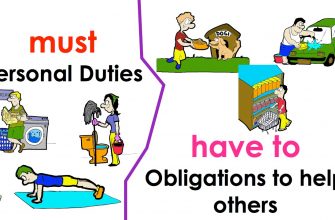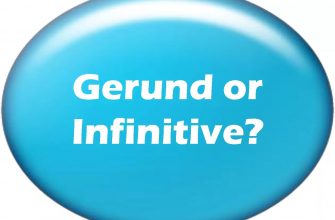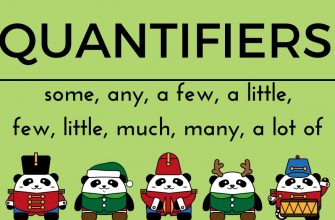- The simple present tense
- The forms of the simple present
- The affirmative form of the simple present:
- The interrogative form of the simple present:
- The negative form of the simple present:
- The use of the simple present:
- The spelling of the third person singular form of the simple present:
- Examples:
- Examples:
- Exception:
- Things to remember about the simple present:
- Exercises on the theme:
The simple present tense
This page will present the simple present tense:
- its form
- and its use.
Before you continue the lesson read the following passage and try to see how the verbs are formed and used.
 James is a taxi driver. He drives a taxi. But on Sundays he doesn’t drive his taxi. He stays at home. James is a taxi driver. He drives a taxi. But on Sundays he doesn’t drive his taxi. He stays at home.The verb be, drive, stay are in the simple present. |
The forms of the simple present
The affirmative form of the simple present:
| I, you, we, they | play. |
| He, she, it | plays. |
Remember the verbs in the third person singular (he,she and it) always take an “s”. For example, “he plays, she sings,it works…”
Examples:
- Nancy and James speak good German.
- Nancy works in a restaurant downtown.
- The children play in the garden every weekend.
The interrogative form of the simple present:
| Do | I, you, we, they | play? |
| Does | he, she, it |
Examples:
- Do you speak good German?
- Does Nancy work in a restaurant downtown?
The negative form of the simple present:
| I, you, we,they | do not | play. |
| don’t | ||
| He, she, it | does not | |
| doesn’t |
Examples:
- No, I don’t speak German.
- No, she doesn’t work in a restaurant downtown
The use of the simple present:
The simple present is used:
- to give your opinion – I like ice cream. I don’t like spicy food.
- to talk about schedules – The library opens at eight. It doesn’t open at 7.
- to talk about daily habits (routine actions)- Sara eats a cheese for breakfast every day. She doesn’t eat cereal.
- to give facts – The earth circles the sun. The moon doesn’t circle the sun.
The spelling of the third person singular form of the simple present:
All the verbs take an “s” in the simple present when conjugated in the third person singular (he, she, it) form:
Examples:
- I visit my parents every summer holiday. But my wife visits her parents every weekend.
- My brother meets his girlfriend everyday.
So the rule is:
| He / she / it + Verb + S |
There are however some special cases. Here are the spelling rules:
| Silent e | Vowel + y | Consonant + y | Verbs ending in o | Verbs ending in s, z, sh, tch, ch |
|---|---|---|---|---|
| close = closes note = notes | play = plays say = says | study = studies marry = marries | go = goes do = does | miss = misses buzz = buzzes hatch = hatches finish = finishes teach = teaches |
Examples:
- She drives to work every morning.
- He says he plays football on the weekends
Exception:
- The verb to have changes its forms as follows:
I have two sisters and two brothers. But she has one sister and two brothers.
I have = he / she / it has
Things to remember about the simple present:
1.In the interrogative forms, we use “do” or “does”.
- “Do you like the house?”
- “Does she go to school?”
2. Verbs never take an “s” in the the negative and interrogative forms.
- “Does he speak German?”
- “Do they play soccer?”
- She doesn’t like ice cream.
3. don’t is the short form of “do not”. You can say either:
- I do not speak Italian, or
- I don’t speak Italian.
4.doesn’t is the short form of “does not”. you can say either:
- He does not listen to jazz music, or
- He doesn’t listen to jazz music.

